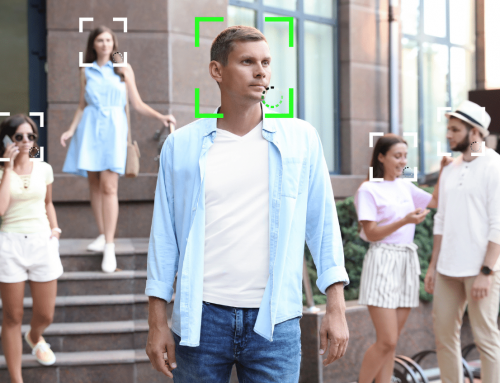When data protection becomes a prescription collector
Hard to believe, but true: in 2024, medical prescriptions regularly end up in the Saarland data protection authority - not because someone is ill, but because fax machines are being fed incorrectly. Sounds like satire, but it's reality. And it gets even stranger when you find out that Google & Co. are partly to blame for the chaos.
This is because many medical practices and pharmacies properly state the responsible supervisory authority in their data protection declarations. Search engines read this information and make it the official contact address without further ado - right in the middle of the results page. If you then want to quickly fax a prescription, you don't end up at the pharmacy, but at the state data protection authority. And there, the "prescription faxes" are now piling up like reminders in the spam folder.
Data protection deluxe - or just amateurish?
What is happening here is far more than a mishap. It involves particularly sensitive health data - names, dates of birth, medication. And without any legal basis, they end up in the wrong place. The fact that this is not legal should be clear even without a law degree.
In most cases, the authorities are understanding. A quick tip, a friendly phone call - and the error is rectified. But in 2024, there was one case where the limit was reached: a practice that stubbornly dialed the same wrong number over and over again. Despite multiple tips. Despite phone calls. Despite everything. The authority felt compelled to initiate fine proceedings - and rightly so.
Fax machines: yesterday's technology - today's problem
Why are faxes still sent at all? In times of encrypted emails, messenger services and digital platforms, it seems like a technology from a museum. And that's exactly where the problem lies: old habits meet modern problems.
The state data protection authority puts it in a nutshell: you should not only be sure where you are faxing something to - but also whether you should be faxing at all. After all, anyone who sends sensitive data via a device from the 1980s is playing data protection roulette with real people and their information.
Technology is not to blame when people follow blindly
Honestly, it's like a satnav that says "turn right now" - straight into the lake. Anyone still sending faxes in 2024 should look at least three times where they are going. And if the same mistake is pointed out to you several times and you carry on regardless - that's not "something that happened", it's gross negligence.
This example shows perfectly how data protection is being trampled on by indifference - and by the very people who are supposed to be looking after our health. Our opinion? Fax machines should be disposed of. Not the prescriptions.







